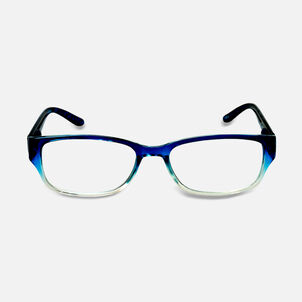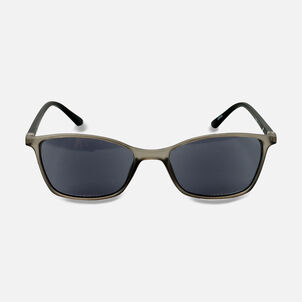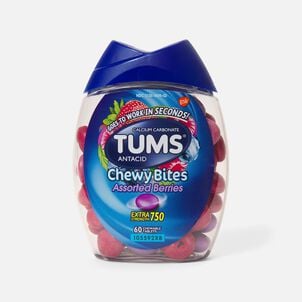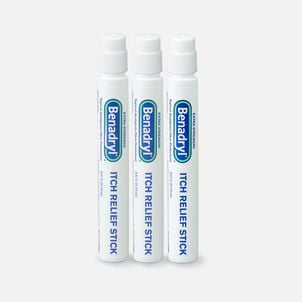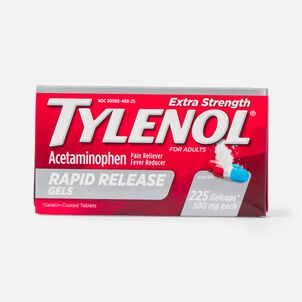As much as we look at sunglasses as the perfect fashion accessory or to shield your eyes from glare on a sunny day, your shades play a vital role in protecting your eyes from sun damage. Ultraviolet radiation from the sun can not only damage the skin of the eyelid, but it can also cause long-term damage to the cornea, lens and other parts of the eye, as well as contributing to the formation of cataracts and macular degeneration over time.
Luckily, if you're in the market for a pair of prescription sunglasses, they are eligible for reimbursement with your flexible spending account (FSA)! But as much as you pay attention to style, don't forget about sun protective sunglasses!
Here are a few buying tips to keep in mind from FSAstore.com when you shop for prescription sun protective sunglasses:
UV Protection Level
When shopping for sunglasses, be sure to look for a pair that features 99 to 100 percent protection against UVA and UVB rays (also called broad spectrum protection), the two wavelengths of ultraviolet radiation that contribute to sunburns, skin cancer and long-term eye damage. According to a 2014 survey conducted by the American Academy of Ophthalmology, less than half of Americans check whether their new sunglasses will protect against UV light, so this is a smart habit to get into for your long-term eye health.
Lens Color
It's important to note that no single color shade will make a tangible difference in improving UV protection, even in the case of darker shades as well. These lenses do not block out more sun, but rather, they create more color contrast which may be helpful for some people see more clearly while playing sports or driving long distances. Ultimately, this should be left up to your personal preferences!
Size
Bigger is better when it comes to a pair of sunglasses' ability to block out harmful UV rays, so if you'll be spending many hours in direct sunlight, it may be better to opt for a pair of oversized or wrap-around sunglasses that will provide better protection from the sun. Ideally, look for a pair that will line up with your brow to prevent stray light from entering the eyes, and one that can prevent salt, sand and other particulates from damaging the eyes as well.
Polarized ≠ UV Protection
While polarized lenses have become extremely popular for their ability to reduce glare on water and other reflective surfaces, they do not contribute to the blockage of UV rays from entering the eye. Always be mindful of this when shopping for sunglasses, as they may be able to help you see more clearly, but the product's UV protection rating is the pivotal factor to keep in mind.
If you're in the market for new prescription sunglasses, be sure to check out FSAstore.com! We have partnered with Glasses.com to give our customers more eyeglass and sunglass options from popular manufacturers like Ray-Ban, Oakley, Coach, Burberry and more! Come explore the web's largest selection of FSA eligible products and maximize the potential of your healthcare benefits!

